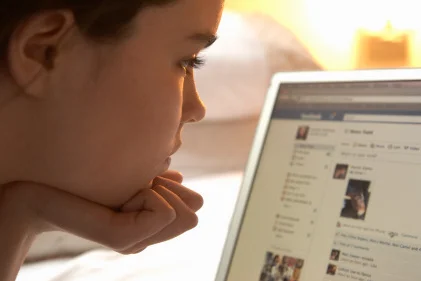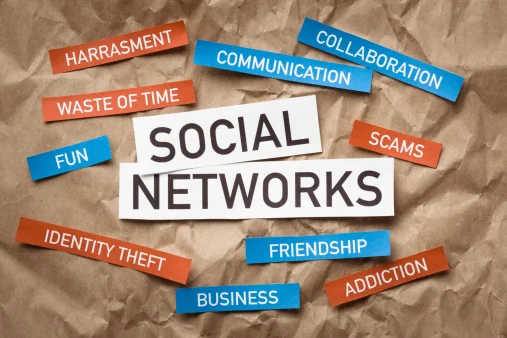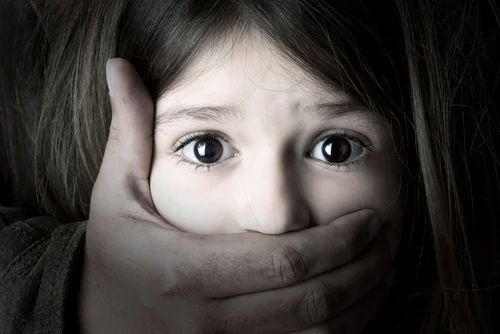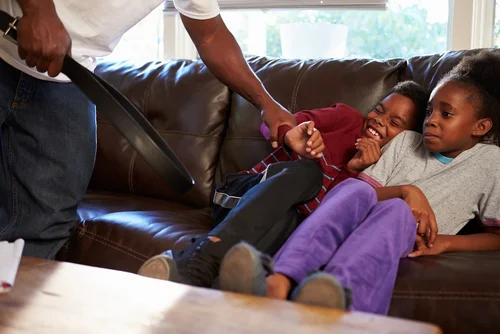+1 845 259 2974 (11 a.m to 7 p.m CST)
Social Media and Online Safety: Where Teens go Wrong

The software applications the internet has brought fourth have made communicating with our friends and family a whole lot easier. With just a few clicks one can send emails, share pictures and videos and begin a video chat – something which was previously seen only on Start Trek. Among plethora of technologies the information superhighway has introduced Social Media is probably one of the most significant.
Social media has penetrated our lives big time. Websites like Twitter, Google+ and the current king of the ring Facebook boast clientele that is greater than most countries of the world. With such a massive populous and more joining each day; social media websites have provided a huge platform which helps people connect seamlessly with their loved ones and share content of interest.
However, a closer look at these burgeoning websites will reveal that even though they might come in handy when it means communicating on the go; studies have revealed that they are also leading to problems, especially among the teen demographic. According to research, due to an onslaught of “phablets” it is becoming increasingly difficult for parents to monitor their kids online activities since the portable nature of such gadgets allows them to go online from school whenever they wish.
Academic Performance
Education plays a crucial role in shaping our kids future, no questions about it. The popularity of smart devices like iPhones and iPads especially among teens means that going online from school and socializing with their friends is now a very simple ordeal. The excessive time spent on social media during classes and study time is not only hurting their grades but also their chances of getting a meaningful education at a good college. Time that can be spent practicing math or conducting scientific experiments has been taken over by the pressure to upload funny videos and pictures. This is where educators can step in and formulate policies which prohibit use of these devices, except for educational purposes on school grounds. Parents need to know how to monitor kids' online activities.
Putting Too Much Out There
Invasion of privacy is another major reason why parents need to learn how to protect kids online. Privacy concerns on social media websites have sparked countless heated debates in the last few years. Websites like Facebook have frequently come under fire due to frequent changes in their terms and conditions regarding their privacy policies. Now it is understandable that digital socialization requires some sort of personal information that can help you get identified on the internet but that, in no way, means that teens should put every single personal detail out there. Optional fields that require personal information like Street Address, and Cell Phone Number etc can be avoided. Furthermore, appropriate privacy settings should be put in place so that content posted to the website is only visible to people that fall within your friends circle.
Cyberbullying
For some cyberbullying may not be a problem as serious as school-yard bullying where one faces risk of physical injury but recent cases, like that of Amada Todd, have proven that cyberbullying can have long lasting psychological effects on your teenagers life. A recent study found that it was teenagers who were mostly perpetrators of cyberbullying and hate speech, mostly out of frustration, anger or to take revenge. Parents and educators can encourage healthy offline activities like sports and hobbies to limit teens technology time and also promote physical and mental growth at the same time which is crucial in that age.


































